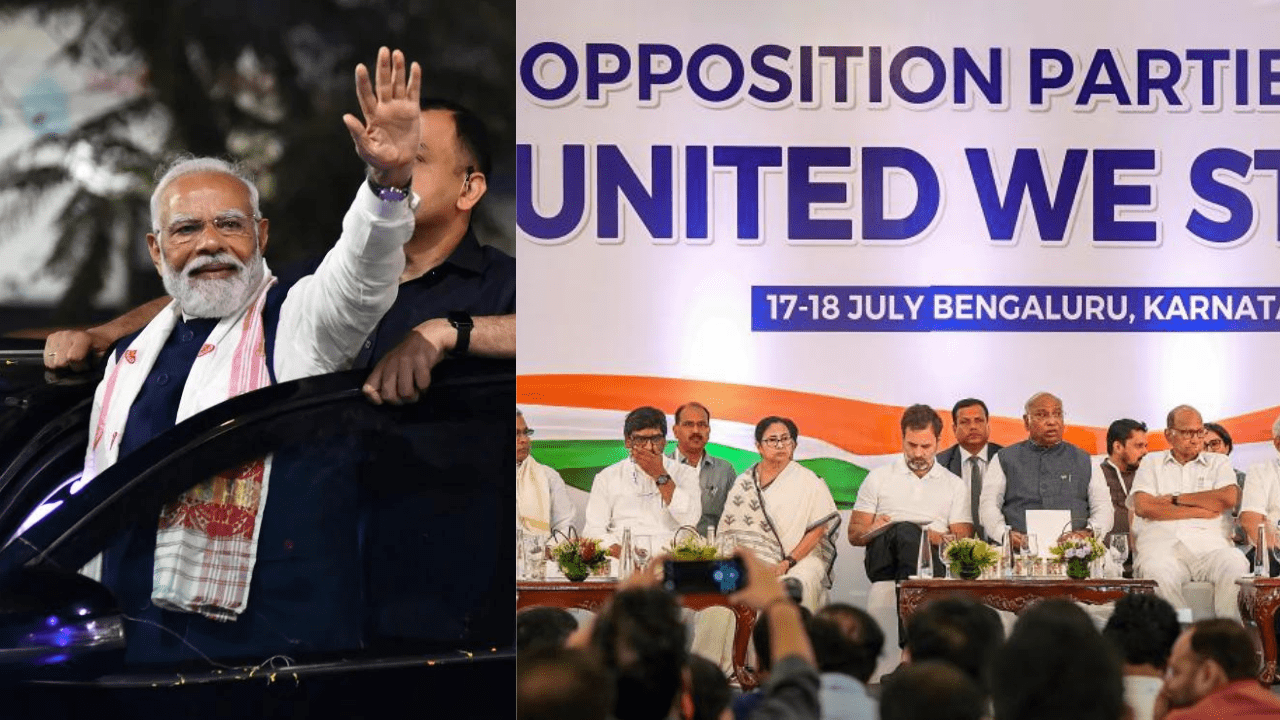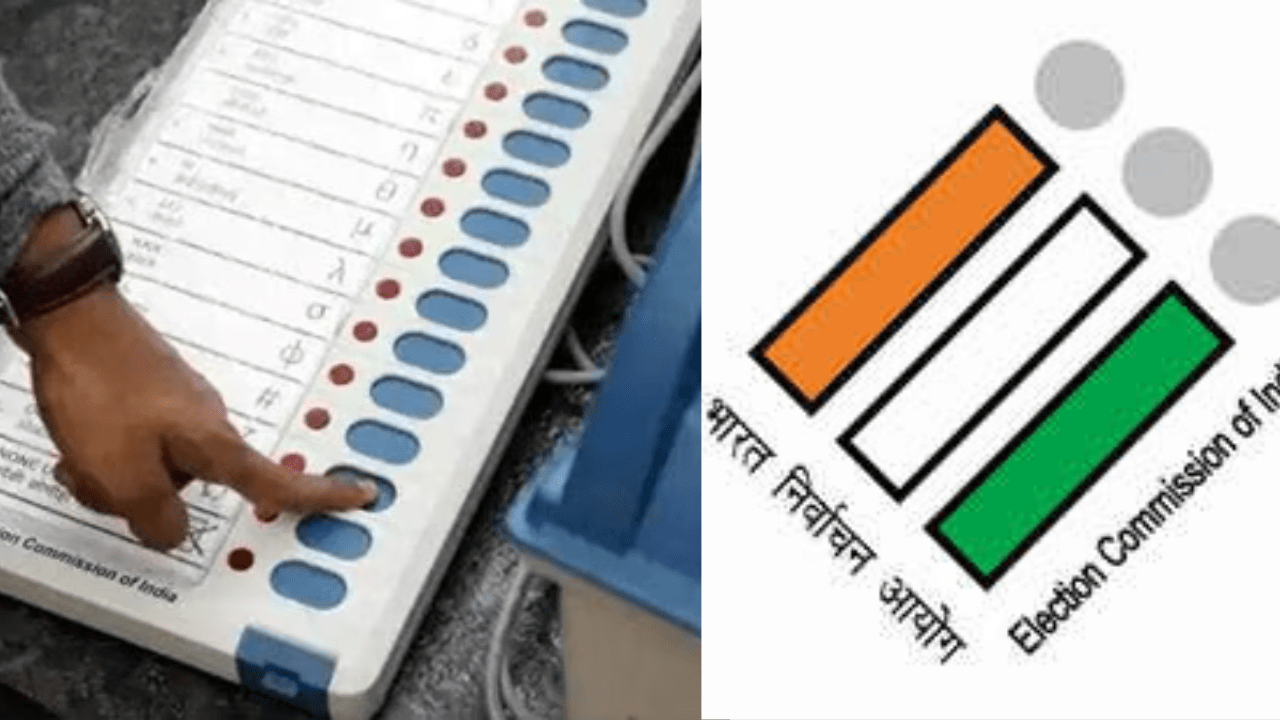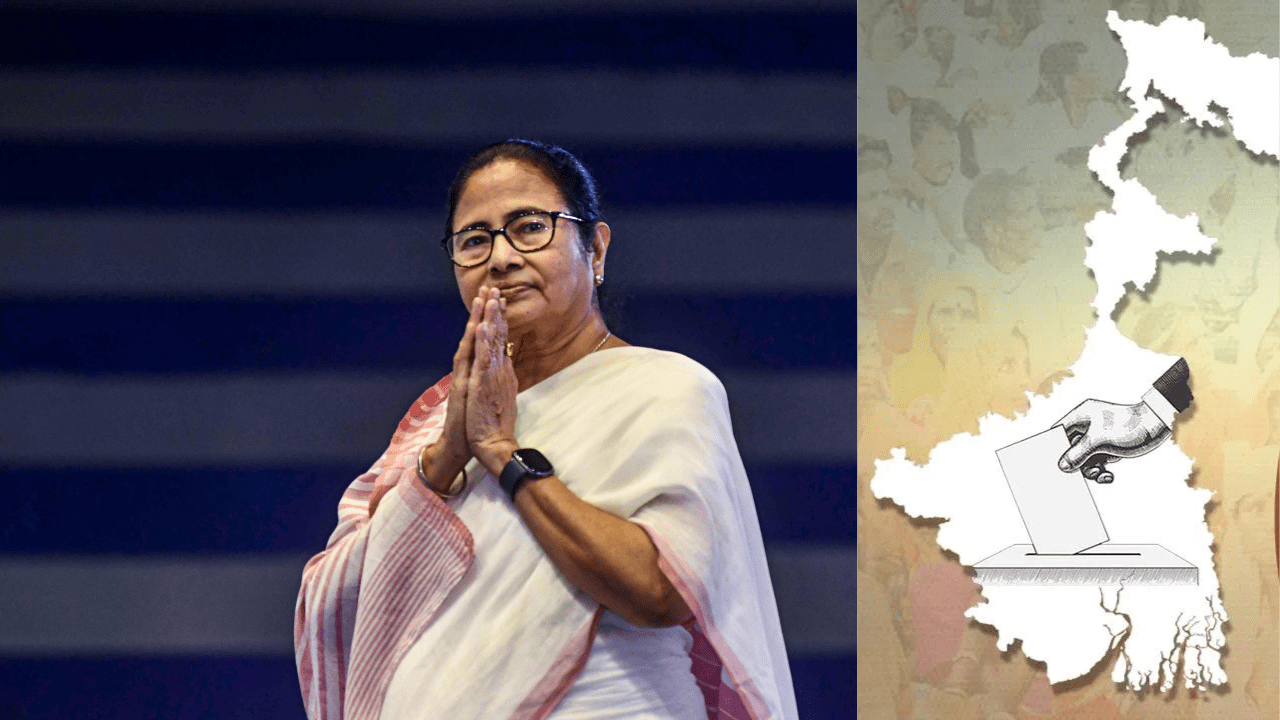Lok Sabha Election 2024 Arrives as a Comprehensive Guide to the Political Dynamics, Electoral Strategies, and Potential Outcomes Shaping India’s Future.

Friday, April 19th, 2024 marked the commencement of the first and most extensive phase of India’s marathon general election, setting the stage for a pivotal moment in the country’s political landscape as Prime Minister Narendra Modi vies for an unprecedented third consecutive term.
With a staggering 969 million eligible voters, this election stands as the largest in human history, spanning seven phases over the next six weeks across the vast expanse of the world’s most populous nation.
The significance of this nationwide exercise cannot be overstated, as Modi’s formidable right-wing Bharatiya Janata Party (BJP) endeavors to secure an outright majority, thereby cementing its authority and advancing its agenda of development and Hindu-nationalist principles, which have been at the forefront during its decade-long tenure.
The policies championed by the BJP have left an indelible mark on India, both economically and culturally, heralding a period of transformative change. However, this era has also witnessed a shift away from India’s secular foundations towards a more pronounced Hindu-majoritarian stance, a defining characteristic of BJP governance.
Prime Minister Narendra Modi’s tenure, has been characterized by a mix of achievements and challenges. Under his leadership, India has witnessed significant strides in infrastructure development, the implementation of welfare projects, and a surge in fervent Hindu nationalism. Moreover, the country has experienced rapid economic expansion, propelling India onto the global stage as a prominent player.
However, amid these accomplishments, Modi’s administration has grappled with pressing issues such as escalating youth unemployment and widening inequality, especially in rural regions. Critics have also voiced concerns regarding the government’s handling of religious diversity, citing instances of rising Islamophobia and the persecution faced by the Muslim population, numbering over 230 million.
Despite these criticisms, Modi continues to enjoy unparalleled popularity among the electorate, a testament to his enduring appeal as a two-term incumbent. His rallies consistently draw tens of thousands of enthusiastic supporters, underscoring his formidable political influence.
India’s Lok Sabha Election 2024- An In-Depth Exploration of the Political Landscape, Voter Sentiments, and Potential Transformations Reshaping the Nation’s Destiny
As polls opened on Friday, Modi reached out to voters with a message of encouragement, urging citizens, especially the youth and first-time voters, to exercise their franchise in record numbers. Emphasizing the importance of every vote and every voice, Modi’s call resonates with the democratic ethos of India, where each individual’s participation shapes the collective destiny of the nation.
The BJP’s campaign manifesto revolves around a comprehensive vision for development and democracy, focusing on key initiatives aimed at fostering economic growth, social welfare, and national progress.

Central to the manifesto are measures aimed at tackling unemployment through job creation initiatives, bolstering anti-poverty programs such as the expansion of food distribution and housing schemes, and prioritizing national development with a special emphasis on empowering women, uplifting the impoverished, supporting farmers, and engaging the youth.
Prime Minister Modi’s ambitious agenda includes transforming India into a global manufacturing powerhouse, sustaining the momentum of the country’s massive infrastructure overhaul, and striving towards achieving energy independence by the significant milestone of 2047.
On the international front, Modi envisions elevating India’s stature by seeking permanent membership in the United Nations Security Council, pursuing the bid to host the 2036 Summer Olympics, and ambitiously aiming to land an Indian astronaut on the moon. These aspirations reflect India’s aspirations to assert its influence on the global stage and to play a pivotal role in shaping the future trajectory of international affairs.
Through these initiatives, Modi and the BJP aim to usher in a new era of prosperity, progress, and prominence for India, aligning with their overarching vision of development and democracy for the nation and its people.
The BJP’s pledge to implement a uniform civil code stands as a significant aspect of their agenda, aiming to replace the existing array of religious and customary laws with a standardized set of rules applicable to all citizens, regardless of their faith. While the BJP emphasizes the protection of women’s rights through this initiative, concerns have been raised by certain communities regarding potential interference with their religious freedoms and customs.
Presenting a formidable challenge to the BJP is the Indian National Congress, along with its newly formed INDIA alliance comprising various opposition parties. However, despite its historical prominence in Indian politics, the Congress party has experienced a decline in influence since Modi’s ascension to power a decade ago. The newly formed INDIA alliance, intended to present a united front against BJP dominance, has encountered early hurdles, including defections and internal discord.
Despite these challenges, the opposition bloc remains resolute in its efforts to counter the BJP’s political dominance, banking on a coordinated and unified approach to rally support and offer an alternative vision for the country’s future.
The Congress party’s campaign is all about offering a beacon of hope, promising “freedom from fear” and a staunch defense of India’s democratic values. They’re not just talking the talk; their manifesto spells out concrete plans to protect rights like freedom of speech, expression, and religious beliefs, as enshrined in the constitution.
Their agenda goes beyond promises; it’s a commitment to justice, fairness, and social progress. They’re not shying away from tackling tough issues either. From recognizing civil unions for LGBTQ+ couples to safeguarding the rights of religious minorities and empowering women, their manifesto reads like a blueprint for a more inclusive and equitable India. Plus, they’re tackling unemployment head-on by offering apprenticeships for young graduates.

What sets them apart is their direct response to concerns raised about the current government’s actions. They’re pledging to restore media freedom, strengthen the independence of institutions like the Election Commission, and review laws passed without proper debate.
But it’s not all smooth sailing. The Election Commission’s restrictions on media, like, during polling days add a layer of complexity to the electoral landscape. It’s a reminder that in the battle for democracy, every move counts, and the stakes couldn’t be higher.
As voters across India head to the polls, they’re not just casting ballots; they’re shaping the future of the world’s largest democracy. With 543 seats up for grabs in the lower house of parliament, known as the Lok Sabha, and two more seats nominated by the president, every vote holds immense significance.
The outcome is clear-cut: the party that clinches a majority will seize the reins of power and nominate one of its victorious candidates as the next prime minister. It’s a pivotal moment that will set the course for India’s trajectory in the coming years.
Friday’s elections span constituencies in 21 states and union territories, encompassing a diverse tapestry of cultures and communities. While some states conduct voting in a single day, others, owing to their sheer size and population, spread the electoral process across seven phases. It’s a logistical feat that underscores the scale and complexity of India’s democratic exercise.
Uttar Pradesh stands out as one of the most politically crucial states in India, boasting a staggering population of 240 million individuals who will exercise their voting rights across all seven phases of the election. With a whopping 80 seats in the Lok Sabha up for grabs, this northern giant serves as a battleground where political fortunes are made and broken.
In the southern state of Tamil Nadu, including its bustling capital Chennai, all eyes are on the fierce contest between the regional Dravida Munnetra Kazhagam party and the INDIA alliance. Their aim? To thwart the BJP’s attempts to gain a foothold in a region historically resistant to its influence.

Meanwhile, West Bengal, with its population of 102 million and 42 Lok Sabha seats, embarks on its electoral journey spanning all seven phases, commencing this Friday. The BJP faces an uphill battle in this state, which has long been under the sway of the All India Trinamool Congress, led by the formidable Chief Minister Mamata Banerjee. Will the BJP manage to break through, or will Banerjee’s stronghold remain unshaken? The answer lies in the hands of the voters.
As ballots are cast and the electoral process unfolds, the fate of India hangs in the balance, with the outcome of this monumental election poised to shape the nation’s trajectory for years to come.
Read More:

The Psychology of Love: Why Valentines Day Matters More Epic Than You Think
Discover the psychology of love and why Valentines Day is more important than you think. Learn how love impacts the brain, strengthens relationships, and boosts

Premier League Highlights: Arsenal Humiliate Man City 5-1, Spurs and Palace Secure Crucial Wins
Arsenal demolished Manchester City 5-1 in a statement premier league highlights win, reigniting their title hopes. Meanwhile, Crystal Palace stunned Man United 2-0, and Tottenham

How Budget 2025 Impacts the Indian Middle-Class: Major Tax Benefits and Glaring Omissions
Budget 2025 offers major tax relief to the middle class, including zero tax on incomes up to ₹12 lakh. However, it misses out on incentives

Degrees vs Employability: Why “Highly Qualified Degree Holders” Struggle to Find Jobs While “Less Qualified Individuals” Get Hired Faster!
Many highly qualified individuals struggle to secure jobs, while less qualified candidates get hired quickly. This Degrees vs Employability paradox is caused by employer preferences,

The Power of Mindset: Why Looking Poor Doesn’t Make You Poor, but Thinking Poor Does!
Discover why looking poor doesn’t define your wealth but thinking poor does. Learn the power of mindset and how a growth-oriented mindset can lead to

Overthinking: How It’s Damaging Today’s Youth – Causes and Cure in 2025
Understanding how overthinking is silently damaging today’s youth, from its causes rooted in societal pressure and social media to its long-term effects on mental health.
